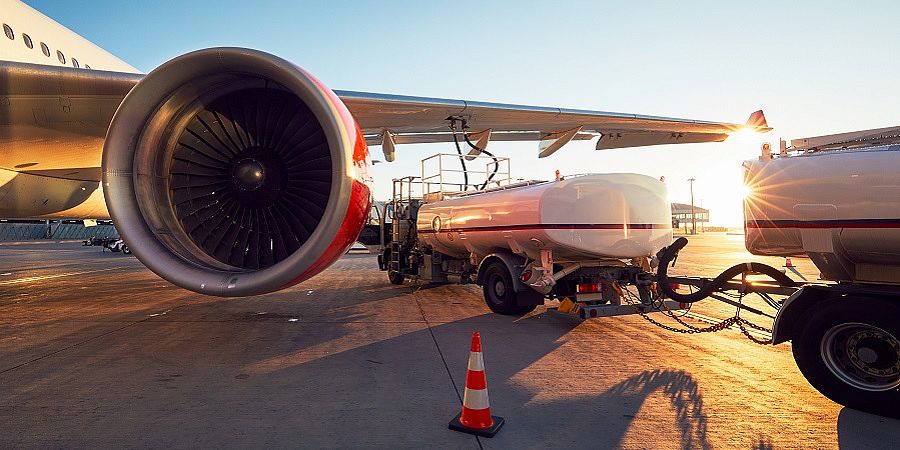The research vessel with a group of scientists on board has left the port of Arkhangelsk and headed for the northern part of the Arctic Ocean. Wildlife research in the Kara and Barents Seas, as well as in the Franz Josef Land archipelago, will be conducted for a month.
Environment protection is one of the key priorities for Rosneft in its operations. The company implements a number of initiatives designed to preserve and restore natural resources, as well as to study marine mammals, which are the most important bioindicators of the state of the environmental.
The specialists will calculate and analyse the gender and age of a group of walruses. Video surveys using remote-controlled submersibles and submersible video cameras in the area of the detected rookeries will make it possible to assess the condition of the animal feed base. In addition, all walrus rookeries will be surveyed by air using drones of different ranges. It is planned to install photo traps to assess seasonal use of known rookeries by walruses.
Complete livestock census of walruses has not been conducted for more than 10 years (the Pacific subspecies), and some populations have not been studied since Soviet times. For the first time ever, a large-scale survey of all known Atlantic walrus rookeries in the Franz Josef Land archipelago is scheduled.
Another area of expedition work is the study of the polar bear. The ground field work will take place on the North Island of the Novaya Zemlya archipelago within the territory of the Russian Arctic National Park. The comprehensive research will help identify the peculiarities of animal migration routes depending on the ice conditions, as well as assess the health status of the polar bear group living in the north of the Barents Sea and the Franz Josef Land archipelago.
In order to obtain the most accurate information on polar bear migration activity, scientists will install satellite transmitters on some animals. The data will be received through a satellite system and will allow tracking the animals’ movements almost in real time.
To read the article in Russian.








